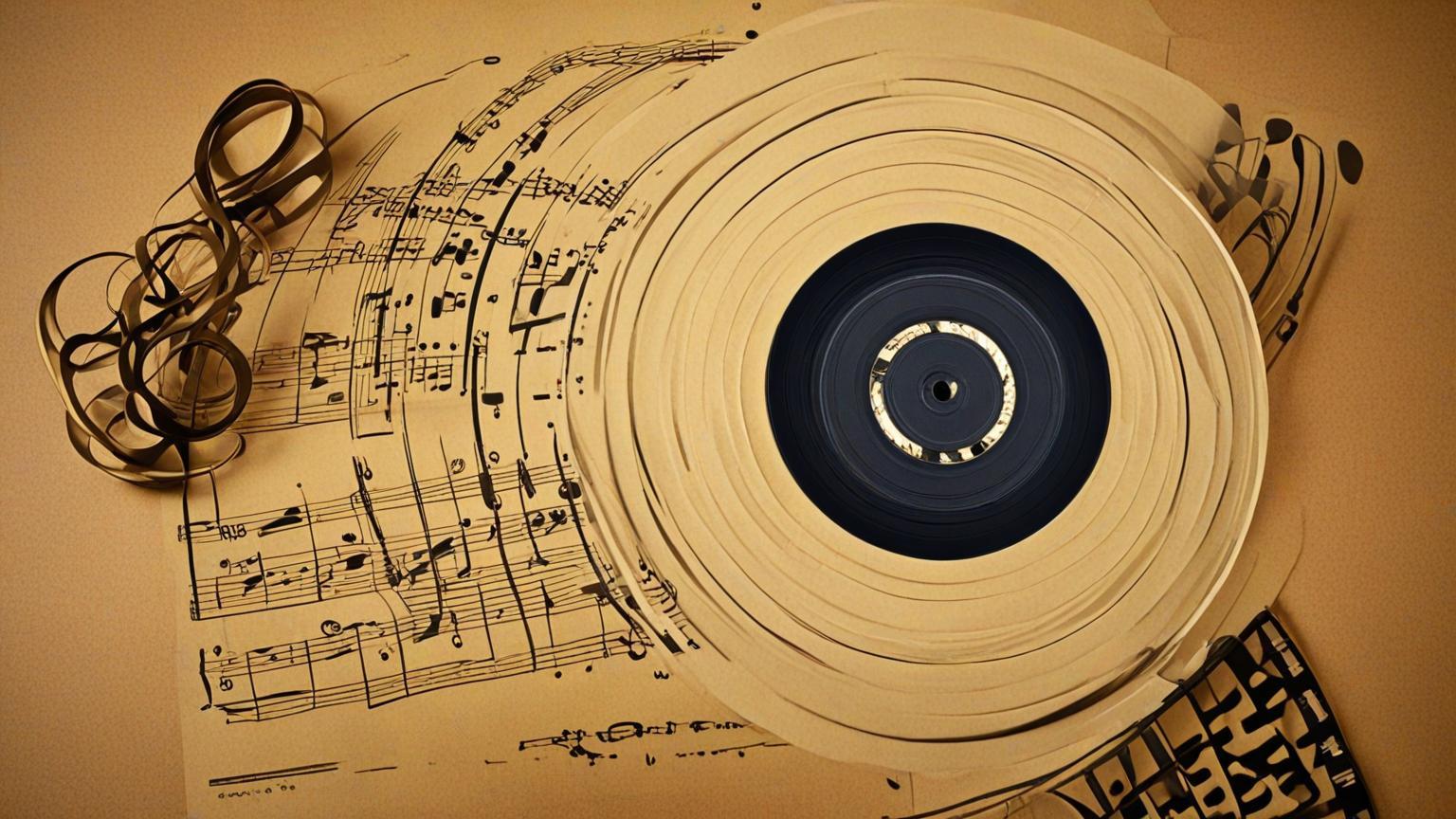As cinema continues to captivate audiences worldwide, the role of music within films remains crucial yet often overlooked. Film scores have not only evolved dramatically over the decades but also shaped the way we perceive movies themselves. In a landscape where the auditory experience often built the pillar of narrative arcs, examining the trajectory of film music unveils a complex yet fascinating story of innovation, struggle, and artistic triumph.
The dawn of film music began in silent movie theaters, where live pianists were often tasked with emoting the visual spectacle unfolding before audiences' eyes. Across the world, there was often a striking inconsistency in how these early scores were imbedded into the cinematic experience. Some musicians improvised, while others adhered strictly to sheet music. These early compositions laid the groundwork that would define film scores as more than mere background ambiance; they became integral elements of storytelling themselves.
By the 1930s, with the advent of synchronized sound in films, a seismic shift began. Movies moved soundly away from the age of silent cinema, and the inception of original scores began to take hold. Pioneers like Max Steiner, considered the 'father of film music', established thematic composition, an approach that paired memorable melodies with characters and story arcs, as seen in classics like 'Gone with the Wind'. Steiner and his contemporaries cemented the function of music not just as an accompaniment but as a narrative tool, a motif that continues to echo in modern cinema.
The golden age of Hollywood was soon to follow, hosting musical legends such as Bernard Herrmann and Ennio Morricone, whose names are synonymous with the art of scoring film. These composers brought a psychological depth to film music, introducing complex emotions and nuances through intricate orchestration. Herrmann forever changed how suspense was perceived onscreen with his stark, staccato strings in 'Psycho', while Morricone's haunting melodies for 'The Good, the Bad and the Ugly' created an indelible impact on Westerns.
The modern era of film music exploded with diversification in the late 20th century, as methodologies in scoring began shifting with technological advancements. Synthesizers and electronic elements were introduced, sparking a creative revolution led by icons such as Hans Zimmer and Vangelis. Scores like 'Blade Runner' melded synthetic soundscapes with traditional instrumentation, offering richer textural layers that enhanced the cinematic experience. Zimmer, through projects like 'Inception', further innovated by crafting immersive sonic illusions that played tricks on the mind, showing challenge and complexity without disdain.
Today, the world of film music continues to transform, embracing a multitude of influences from various genres and cultures. The rise of digital platforms has allowed a wider audience to engage with film scores outside of the cinema. At the same time, streaming platforms like Spotify have play-listed some of the most compelling film scores, exposing casual listeners to the nuances of orchestral composition and immersive soundtracks.
Yet, as much as the landscape broadens, the obstacles to sustainability and originality become more pronounced. Many composers face diminishing budgets and shorter deadlines, forced to produce work amidst restrictions that challenge artistic integrity. The commodification of film scores has both broadened consumer accessibility and, alas, diluted some originality along the way.
Ironically, these challenges also cultivate a rich breeding ground for innovation. New composers experimenting with unconventional sound combinations and collaborations across musical disciplines bring fresh air to an industry constantly in flux. By fusing global influences—from the stirring chants in 'The Lion King's' African rhythms to the electronic ambiance in 'Tron: Legacy'—new life is injected into the archaic veins of traditional film scores.
This relentless push for evolution transcends music itself; it interacts fluidly with other cinematic elements to heighten emotional and psychological engagement. Film music not only propels narrative but aids in building iconic moments that resonate with audiences long after the credits roll. Think of the poignant flute in 'Titanic' or the pulsating beats of 'Mad Max: Fury Road'—each note accentuates storytelling in a way words alone cannot articulate.
In conclusion, the complex, ever-evolving relationship between film and music showcases a beautiful harmony amid chaos. Each sound, melody, and rhythm crafted is a testament to the power and versatility of music in cinema. As technology and human creativity push boundaries, film music remains a pivotal narrative force, uplifting stories to grandiose heights and reaching into the depths of our communal human experience.
The evolving world of film music: Finding harmony in chaos

